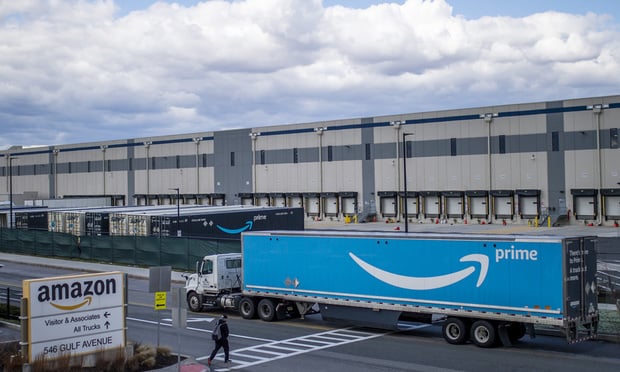Medicaid patients have received higher rebates for their prescription drugs than patients enrolled in the Medicare Part D program, according to an August report by the Dept. of Health and Human Services Office of Inspector General.
Medicaid, which uses a statutory inflation-based formula to set discounts, collected $2.9 billion in rebates from drug manufacturers for every $6.4 billion in expenditures in 2009, the report found. Part D, which relies on rebates negotiated with drug companies, collected only $4.5 billion in rebates for every $24 billion worth of spending. Medicaid drug costs were $26 billion in 2009.
Unlike the Medicaid program, the Part D plans operated by private contractors negotiate rates with drug manufacturers without any federal statutory requirements on rebate amounts, CMS Principal Deputy Administrator Marilyn Tavenner said in a memo responding to the report. The government is prohibited by statute from instituting a price structure for drug payments under Part D.
Continue Reading for Free
Register and gain access to:
- Breaking benefits news and analysis, on-site and via our newsletters and custom alerts
- Educational webcasts, white papers, and ebooks from industry thought leaders
- Critical converage of the property casualty insurance and financial advisory markets on our other ALM sites, PropertyCasualty360 and ThinkAdvisor
Already have an account? Sign In Now
© 2024 ALM Global, LLC, All Rights Reserved. Request academic re-use from www.copyright.com. All other uses, submit a request to [email protected]. For more information visit Asset & Logo Licensing.








